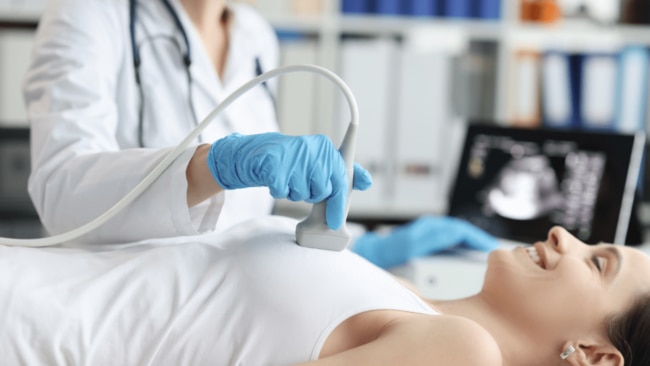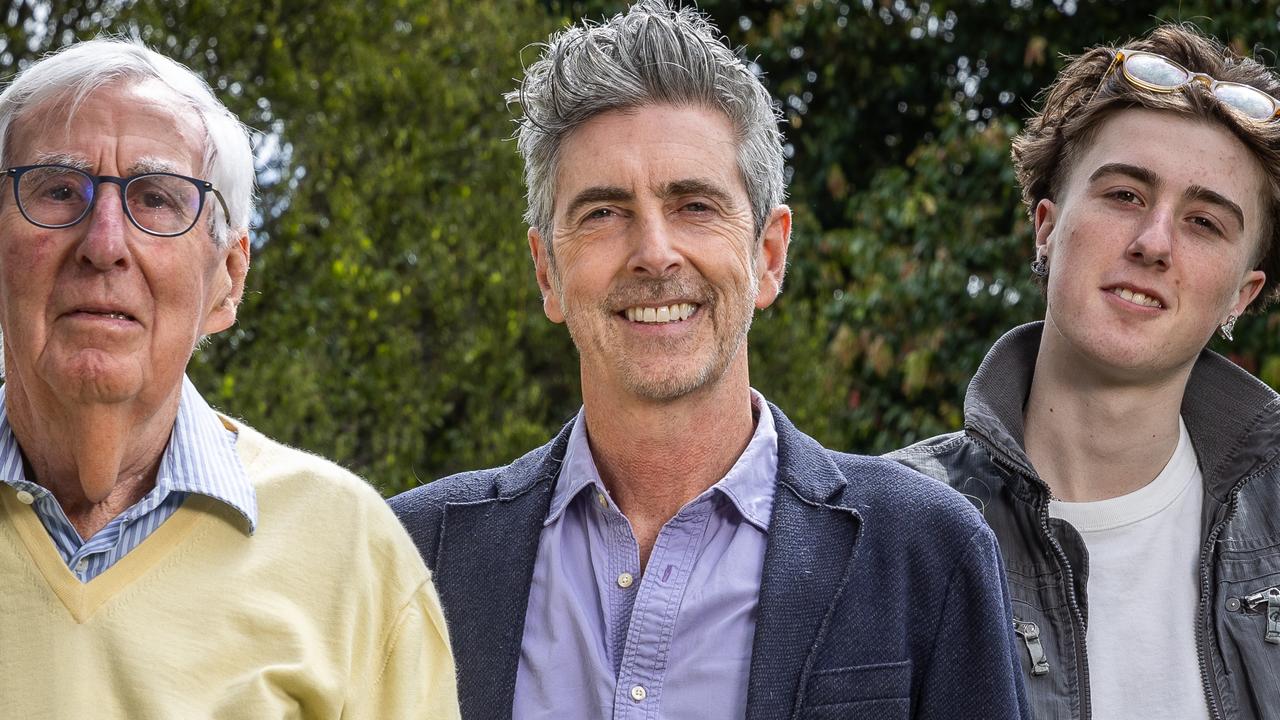Why Elle MacPherson’s cancer claims are sparking concern
Doctors have spoken out
Cancer
Don't miss out on the headlines from Cancer. Followed categories will be added to My News.
Holistic health spokeswoman Elle MacPherson’s cancer story has a happy ending, so why are the internet and medical community alike so concerned? Body+Soul chats to a doctor about the dangerous implications of medical misinformation.
In a new interview with The Australian Women's Weekly former supermodel Elle MacPherson revealed the unconventional way she approached treatment following a 2017 breast cancer diagnosis, opting to forgo medically-recommended chemotherapy for "a heart-led, holistic approach".
Now, seven years later, the 60-year-old wellness entrepreneur is attributing her cancer recovery to "not leaning into the fear and drama of the diagnosis", and "saying no to standard medical solutions".
Though MacPherson is no stranger to media attention, the scrutiny following her latest revelations – largely led by the commentary of healthcare professionals – has catapulted the former supermodel into the firing line of public opinion.
What we do – and don’t – know about MacPherson’s cancer
While the interview and Macpherson’s memoir reveal she was diagnosed with HER2 positive oestrogen receptive intraductal carcinoma, no other details – such as the cancer’s size or grade of cells, and whether MacPherson may have had any other risk factors – have been publicly disclosed.
Despite rejecting recommended treatment pathways such as chemotherapy, radiation and surgery, the former model did reveal she initially underwent a lumpectomy – a type of surgical procedure designed to remove a breast lump.
Given the known details about MacPherson’s cancer, her initial lumpectomy procedure may have been enough to placate or entirely eradicate the cancer, Professor Chris Pyke tells The Guardian.
“Intraductal means precancerous, so the cancer cells have formed but they are still housed inside the ducts in the breast,” Pyke explains, sharing that in many cases this type of cancer could more accurately be described as a type of non-invasive pre-cancer.
“Left to its own devices, a certain proportion of these cases will turn into invasive cancer during the next year. But the number is not high – about 5 per cent. It’s quite possible that just removing that lump all by itself could have been sufficient treatment.”
Contrary to what MacPherson’s anecdotes may be alluding to, like the lumpectomy, Pyke reiterates that the only things that have been proven to treat cancer are “Surgery, radiation, chemotherapy and hormone treatments”.

Understanding the responsibility and influence of celebrities
Regardless of whether people are outraged by, in denial of or entirely convinced by McPherson’s holistic healing claims, we’re all tuning into the story.
Let’s face it; this isn't the first time a celebrity has spouted unregulated medical advice to millions of impressionable followers, and it won’t be the last.
Perhaps McPherson, with her indisputable financial advantage and access to countless holistic health experts really did manage to overcome her cancer diagnosis using nothing but natural and non-invasive methods.
But most individuals who find themselves on the receiving end of a similar diagnosis – balancing the weight of a nine-to-five office job, never-ending mortgage and the standard care provided by the public healthcare system – are sadly less likely to.
"I respect Elle's personal journey however my concern relates to the potential implications of the public's perception of standard care given the variety of breast cancers that exist," says Associate Professor and consultant breast surgeon Sanjay Warrier, echoing the discourse coming from many medical professionals.

The reality of treatment today
Coupled with the most advanced and accessible medical technology and education, patients diagnosed with cancer (or any serious illness) these days have more autonomy and say over their treatment journey than ever before.
“It is important to understand that we have moved from an era of paternal medicine to an era of ideally mutualistic medicine, where patients are involved in and aware of their choices and they are included in the decision-making around their treatments,” Dr Warrier explains. “Medicine now puts the patient front and centre of all aspects of the health journey.”
But with so much information available to us – both medical and holistic in nature –cutting through the noise can often feel overwhelming for patients. Nonetheless, while Dr Warrier says it’s important to consult with multiple professionals and explore several options for treatment, it is nothing short of dangerous to dismiss conventional treatment entirely.
“I feel it is important to continue to encourage people to understand the benefits of modern medicine despite them not always being the most comfortable. They do offer the best outcomes,” he says.
“When it comes to the idea of alternative solutions, it is important for them to be considered in partnership with conventional medicine because conventional treatments are incredibly effective.”
More Coverage
Originally published as Why Elle MacPherson’s cancer claims are sparking concern




